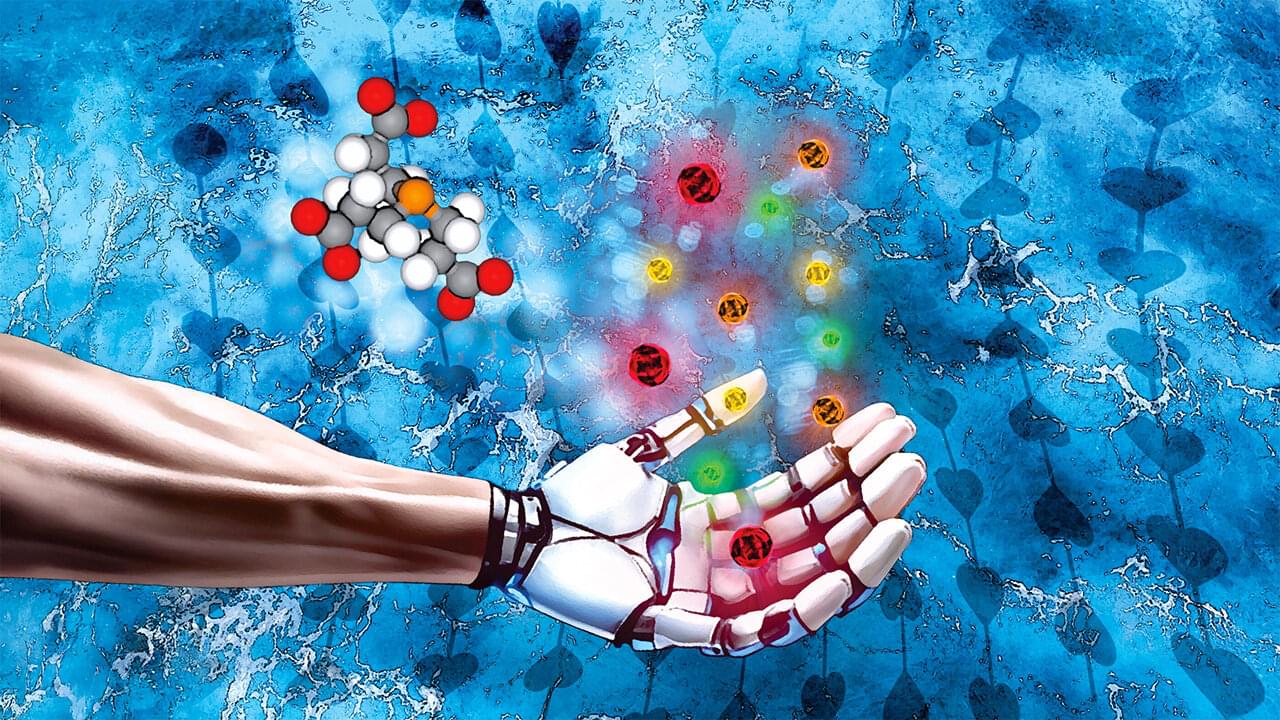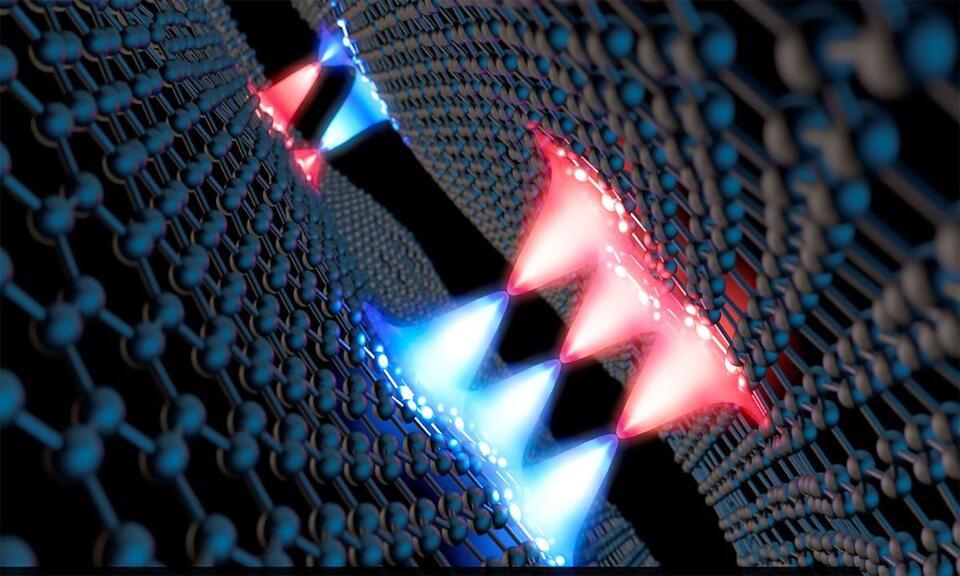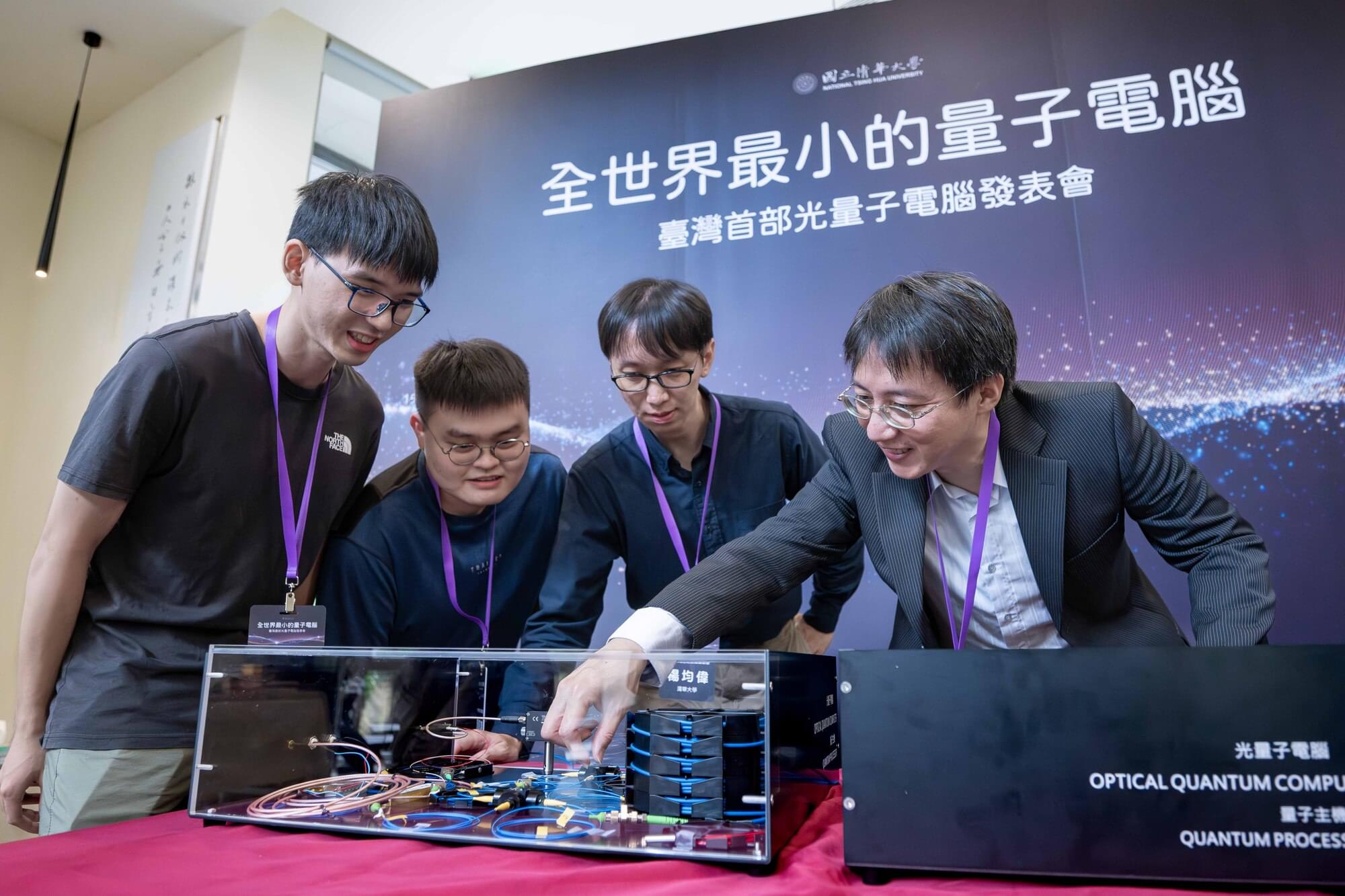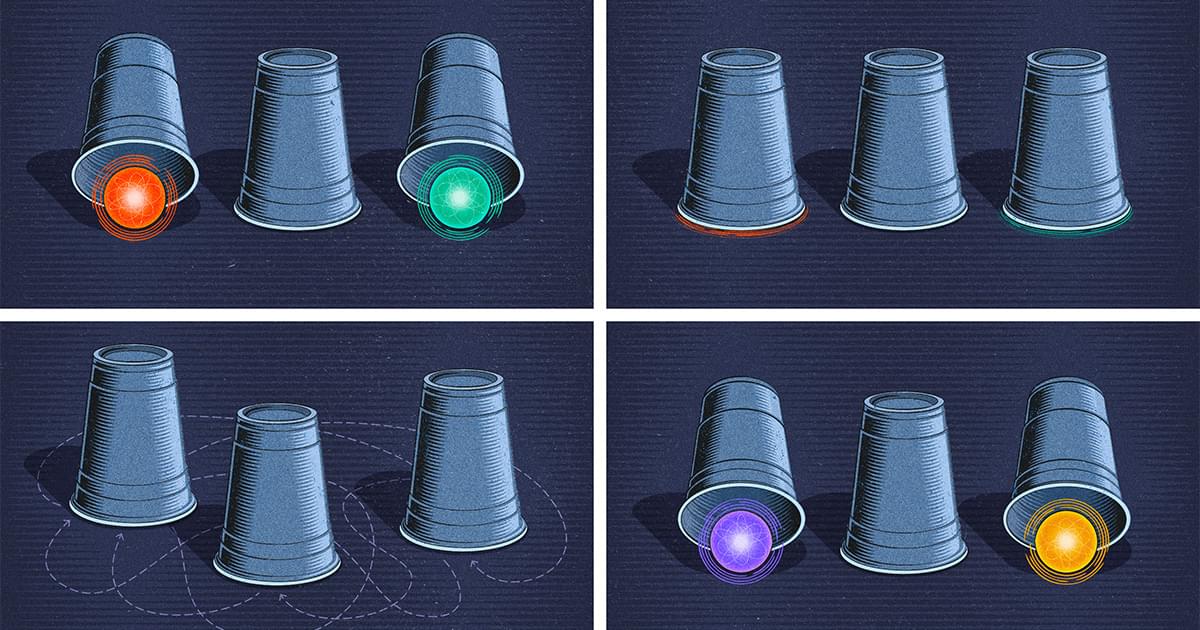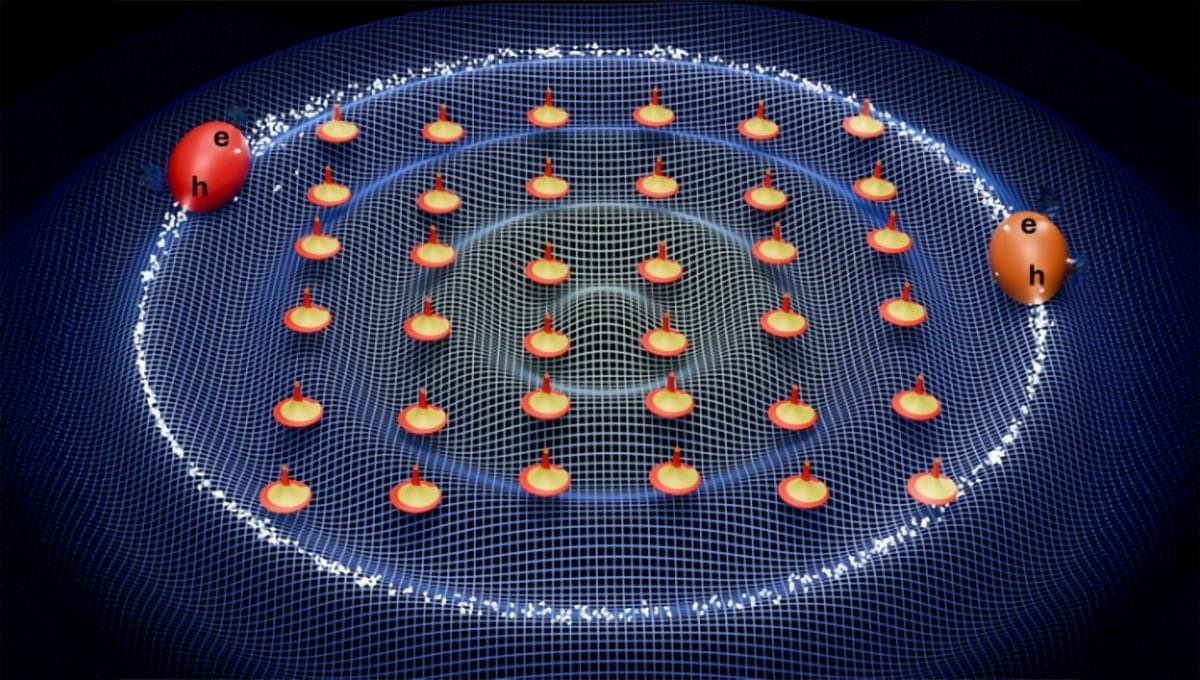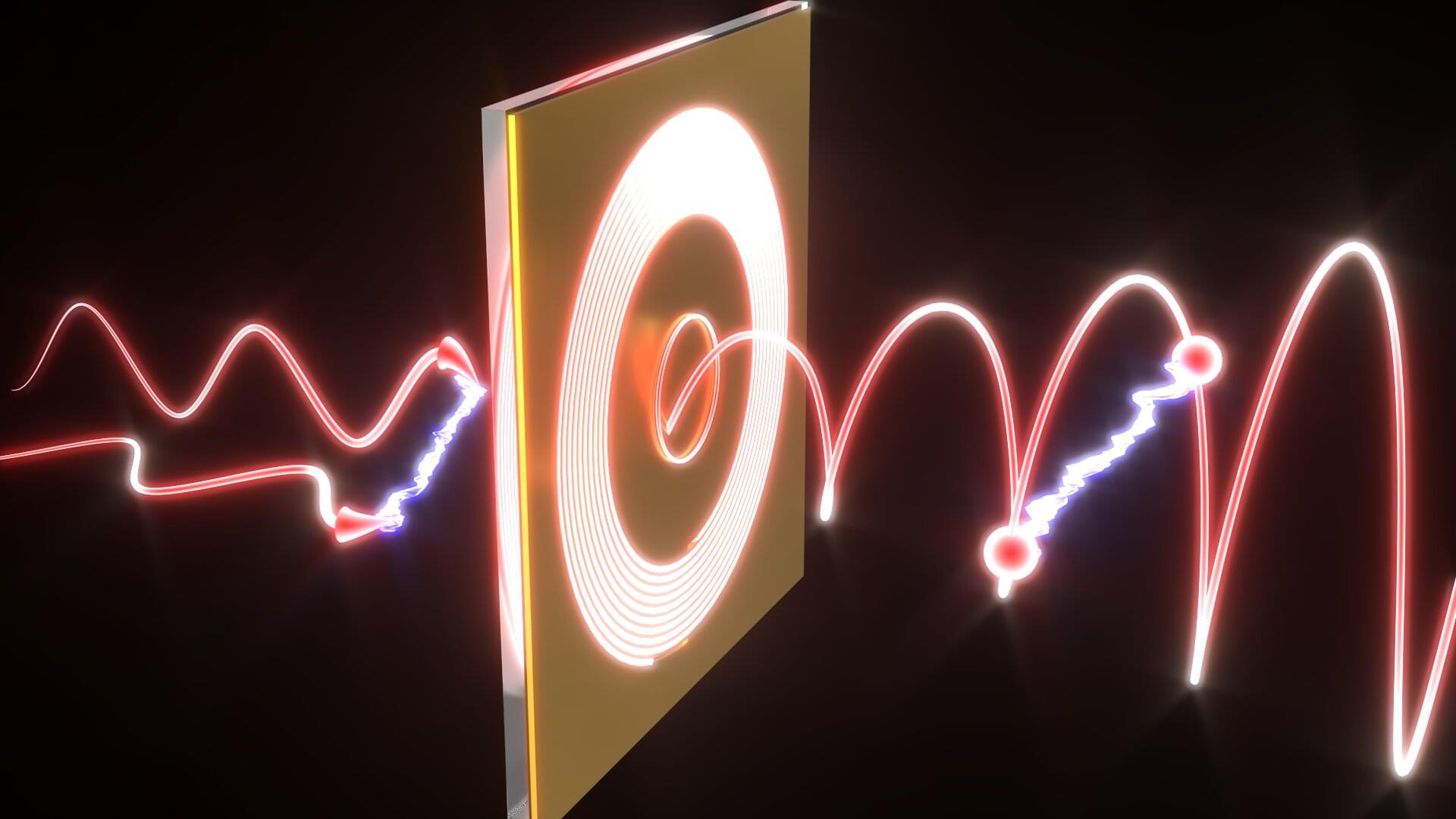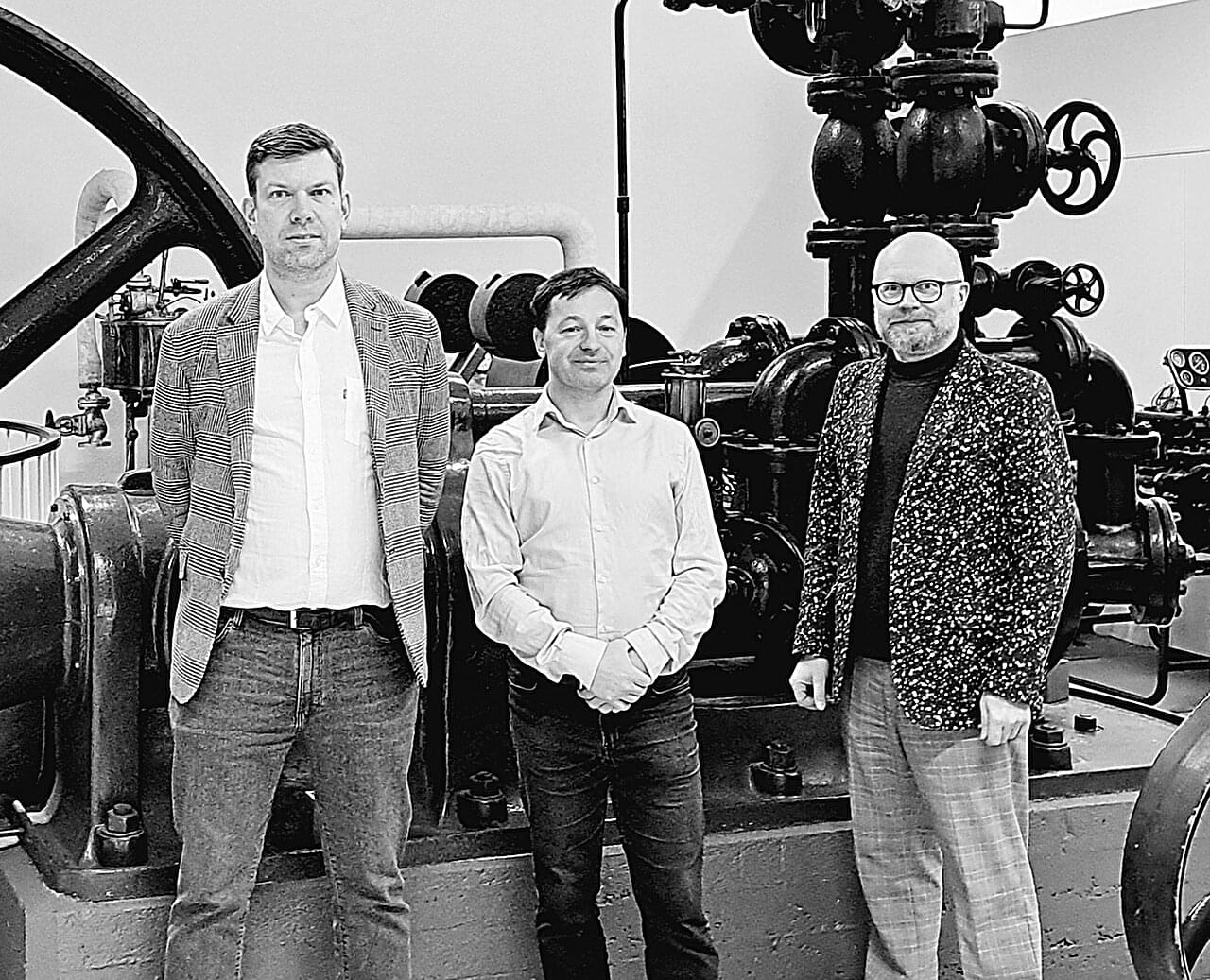Physicist Dr. Lídia Del Rio, Essentia Foundation’s Research Fellow for Quantum Information Theory at the University of Zürich, explains to Hans Busstra one of the strangest quantum conundra confronting the foundations of physics: the Frauchiger-Renner (FR) thought experiment.
Scientific papers discussed in this video:
Quantum theory cannot consistently describe the use of itself.
Daniela Frauchiger & Renato Renner: https://www.nature.com/articles/s4146… experiments in a quantum computer, Nuriya Nurgalieva, Simon Mathis, Lídia del Rio, Renato Renner: https://arxiv.org/abs/2209.06236 Other interesting links related to the video: Quantum ‘thought experiment software’ https://github.com/XuemeiGu/Quanundrum Great Quantum artwork by Nuriya Nurgalieva: https://www.theoryverse.com/art Part One: Modelling Observers 00:00 Introduction 04:13 The object-subject divide in quantum mechanics 07:58 How would you explain the Wigner’s Friend thought experiment? 09:40 Observations are not facts 12:16 Is collapse relative? 14:11 Losing information = measurement 15:38 How do you model the agent in quantum mechanics? 17:54 What is reversibility in QM? Part Two: Explaining the Frauchiger-Renner Thought Experiment 22:14 Lídia explains Maxwell’s Demon and how the demon can be modelled 29:28 Formatting the ‘hard drive’ of the demon equals the energy gained 31:20 Lídia explains the Frauchiger-Renner thought experiment 41:51 The quantum circuit of the FR experiment 50:31 Where the experiment gets really weird 54:52 How to make sense of the weirdness? Part Three: The Implications and Meaning of the FR Experiment 1:03:59 What assumptions CANNOT all be true? 1:07:47 Critique from the physics community on the FR experiment 1:13:30 The philosophical implications of the FR experiment 1:16:04 Agreeing or disagreeing on Heisenberg cuts 1:17:27 Quanundrum software to test thought experiments 1:20:14 (No title – you might want to add something here) 1:23:16 Does the FR experiment “favor” a many-worlds interpretation, or does it require an epistemic approach? 1:25:04 Every theory, at some point, breaks 1:26:57 On the (in)completeness of quantum theory 1:29:35 What the FR experiment could mean for quantum computers… 1:32:06 What makes the FR experiment REALLY strange? 1:35:31 You cannot have an outside view AND know what’s going on inside… 1:36:01 What does it mean philosophically? 1:40:16 What if objective collapse or many-worlds is true? 1:43:20 Do you believe in free will? 1:45:54 Lídia does believe in an objective world… 1:47:15 What would a world weirder than quantum mechanics look like? 1:52:37 Where does thinking about “different” universes become relevant for physics? 1:55:51 On What the Bleep Do We Know, quantum woo, and the real meaning of quantum mechanics… 1:57:52 Nature doesn’t care about our Heisenberg cut… 1:59:33 Quantum mechanics and non-dualism 2:02:04 Physicists should be aware of their own faiths, religion, and mortality… 2:04:06 On the nature of the self, and how Lídia’s work has informed her outlook on life 2:09:31 Final words Sesame Street Russian Dolls video, under fair use: • Sesame Street Matryoshka Doll 10 All music licensed under Storyblocks and Soundstripe All stock footage licensed under Storyblocks Interview content copyright by Essentia Foundation, 2025 www.essentiafoundation.org.
Thought experiments in a quantum computer.
Nuriya Nurgalieva, Simon Mathis, Lídia del Rio, Renato Renner:
https://arxiv.org/abs/2209.
Other interesting links related to the video:
Quantum ‘thought experiment software’
